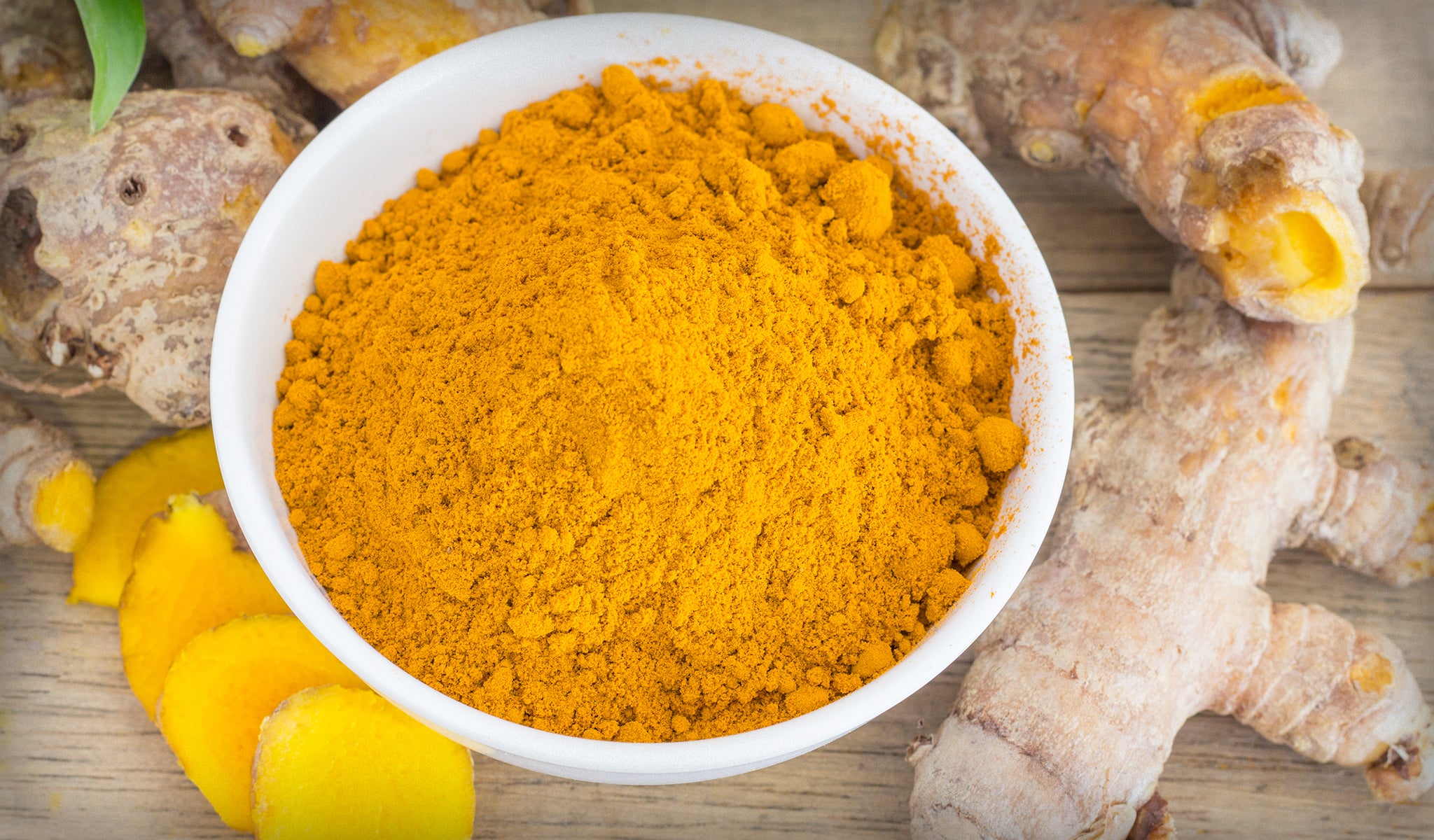WE'RE ALL A LITTLE NUTTY
Walnuts are considered to be the oldest tree food known to man. Walnut trees live long (their lifespan is several times that of humans) and can grow to a height of 150 feet. They are a popular tree used to make furniture, as well as a great ornamental tree. Two walnut species are of commercial importance. One is the English walnut (Juglans regia), and the other is the black walnut (Juglans nigra). Most people prefer to eat the English walnut because it is easier to break the shell.
Walnuts are normally 1.5 to 2.5 inches in diameter and oblong in shape. The external shell is covered by an outer leathery husk, and the inner portion of the shell house is the meat of the nut.
HISTORY
The walnut tree dates back as far as 7000 B.C.E. And has been cultivated ever since. Walnuts have numerous locations of origin. In the early days of Rome, they were considered food for the gods and were named Juglans regia in honor of Jupiter. Today, walnuts are commonly called “English” walnuts, in reference to the English merchants whose ships transported the product for trade around the world. The English walnut originated around the Caspian Sea and in India and was brought to America. In contrast to the English walnut, the black walnut is native to North America, particularly in the central Mississippi Valley and Appalachian area. Black walnuts were a staple in the diets and lifestyles of both of the Native Americans and the early colonial settlers.
Besides being a food source, walnuts provide shelter and medicine, as well as dyes and lamp oil. The world's leading commercial producers of walnuts are the United States, China, France, Turkey, Romania, and Iran. California alone provides more than half of the world's production.
NUTRITIONAL HIGHLIGHTS
Walnuts are extremely nutrient-dense. They are a wonderful source of antioxidants, vitamin E, minerals such as manganese, copper, phosphorus, and magnesium, and monounsaturated fats. The walnut is one of the few nuts that contain omega-3 fatty acids and alpha-linolenic acid.
Walnuts are also a rich source of protein and dietary fiber but have no dietary cholesterol.
HEALTH BENEFITS
The health benefits of walnuts are similar to those of other nuts that provide a high content of monounsaturated fat and arginine. In addition, according to the Doctrine of Signatures, the belief that a food has been signed by the creator and indicates its use, walnuts are considered food for the brain.
Walnuts are an essential component of the Mediterranean diet, and several investigations have been performed into their health benefits. Arginine is in essential amino acid present in walnuts. This amino acid is converted into nitric oxide, a chemical that allows the blood vessels to relax, remain smooth, and prevent platelet aggregation. This effect on cholesterol and blood vessels may be the hidden mechanism of the walnuts cardiovascular protective properties.
Walnuts are also rich in antioxidants, in particular ellagic acid. Ellagic acid can impede the metabolic pathways that can usher the way to cancer and heart disease. It does so by protecting healthy cells from free radical damage, helping to detoxify potential cancer-causing substances, and preventing cancer cells from multiplying.
SELECTION & STORAGE
When shopping for walnuts, one can purchase them shelled or unshelled, purchased in bulk or prepackaged. When deciding, the unshelled walnuts should feel heavy for their size, not appear rubbery or shriveled. Shelled walnuts should not be cracked, pierced, or stained to ensure they are not moldy. When purchasing foods from the bulk section, it is key to note that the bins are covered and that your grocer has sufficient product turnover to ensure maximum freshness.
It is recommended not to shell walnuts until they are ready to use. For storing, keep shelled walnuts tightly sealed and refrigerated or store in your freezer for up to one year. Unshelled walnuts will remain fresh for several months when stored in a cool dry place. However it is preferable to store them in the refrigerator. It is also important to take special care when storing walnuts with other foods, as they sometimes absorb orders from other foods, such as citrus and fish.
Walnuts are extremely perishable. You will know if walnuts have spoiled by taking a whiff of the nuts; if you smell an odor like paint, the walnuts have turned rancid or have oxidized.
PREP TIPS
Walnuts are a delicious addition to savory dishes such as salads and stir-fry. Shelled walnuts can be use straight out of the package.
My favorite way to prepare walnuts is to soak and sprout them. Before putting the single layers into the dehydrator I like to coat them in raw cacao powder (this will help to increase the production of nitric oxide). I also use roasted walnut oil making my homemade mayo!
RESOURCES
- The Encyclopedia of Healing Foods by Michael Murray, ND



